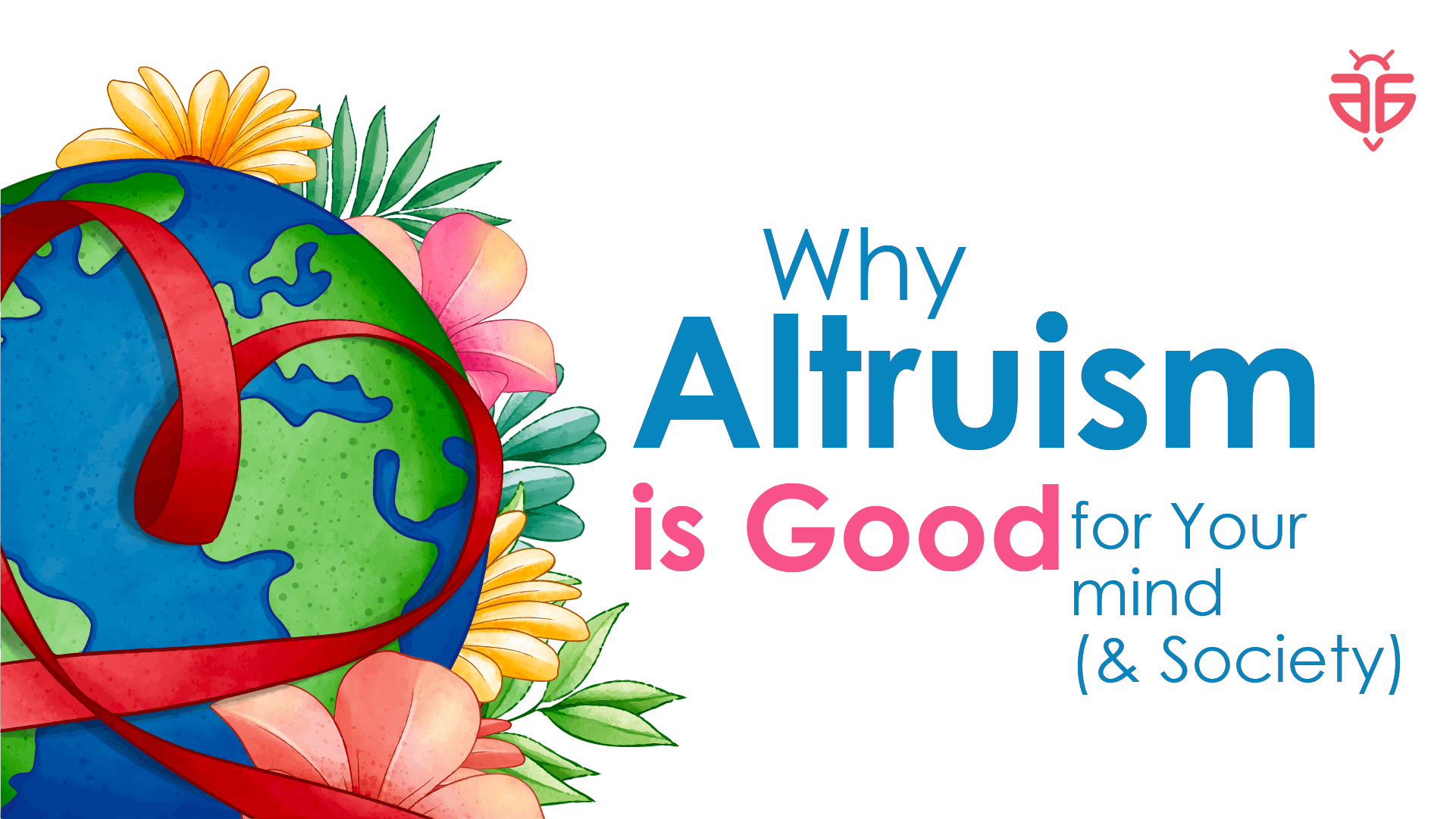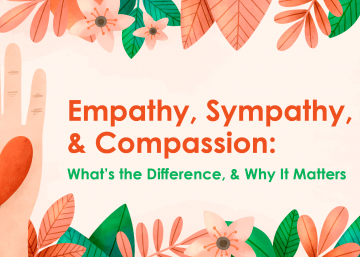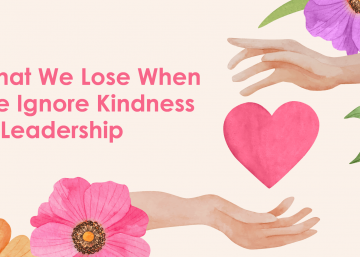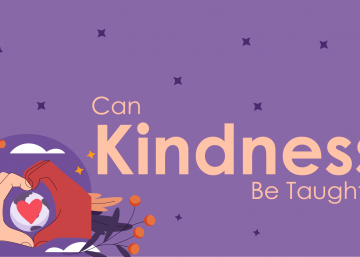Why Altruism is Good for Your Mind (and Society)
Why does helping someone feel so good?
Whether it’s giving up your seat, donating to a cause, or simply checking in on a friend, acts of kindness tend to leave behind a lasting warmth. This isn’t just sentimentality. Neuroscience tells us that altruism not only benefits the receiver, but it also rewires the brain of the giver. In other words, doing good feels good because it is good for our mental health, our communities, and the world at large.
Let’s explore how altruism changes not just the lives of others, but our own brains and society as a whole.
Altruism Lights Up the Brain
When you do something generous, without expecting anything in return, your brain responds in surprising ways.
Research shows that altruistic actions activate the mesolimbic reward system, the same part of the brain that lights up when we eat our favourite food or hear music we love. Giving releases dopamine (the brain’s feel-good chemical), oxytocin (the bonding hormone), and endorphins, creating what some scientists call a “helper’s high.”
One study found that participants who donated money to charity showed more activity in the ventral striatum, the brain’s reward centre, than those who kept the money for themselves. Even imagining helping someone else was enough to trigger a similar response.
In simple terms, the brain treats giving as a reward in itself.
Giving Is Good for Mental Health
The benefits of altruism extend well beyond fleeting pleasure. People who consistently engage in generous behaviours report lower levels of stress and anxiety, and higher levels of self-esteem and life satisfaction.
Altruism helps shift our attention outward. When we focus on the needs of others, we often get a break from cycles of negative thinking, especially those related to self-doubt or worry. It can create a sense of purpose and connection, two essential ingredients for emotional well-being.
The Ripple Effect of Kindness
The beauty of altruism is that its impact doesn’t stop with the individual.
Kindness is contagious. Numerous social experiments have shown that people who witness or receive kind acts are more likely to “pay it forward,” setting off a chain of goodwill that can affect entire communities. Something as small as offering help at a traffic junction or covering someone’s chai at a stall can quietly spark a cycle of generosity.
In the bigger picture, communities where altruism is embedded tend to be more cooperative, trusting, and resilient.
Easy, Everyday Acts of Altruism
You don’t need to donate millions or change careers to be altruistic. Altruism is often quiet, ordinary, and deeply human. Here are a few simple ways to build it into daily life.
- Offer genuine compliments or encouragement
- Volunteer at a local school, shelter, or community event
- Help a colleague with a task without being asked
- Spend time listening to someone who needs support
- Contribute skills (writing, teaching, organising) to a cause
- Pay for someone’s ticket or meal unexpectedly
- Share resources, from books to time to opportunities
Small acts add up. Altruism isn’t measured in size, but in sincerity.
Platforms like Aidbees make it even easier to be kind by connecting people to verified causes, volunteer opportunities, and campaigns where your time, skills, or donations can make a real impact. Whether you have five minutes or five hours, there’s always a way to give meaningfully, and aidbees helps you find it.







